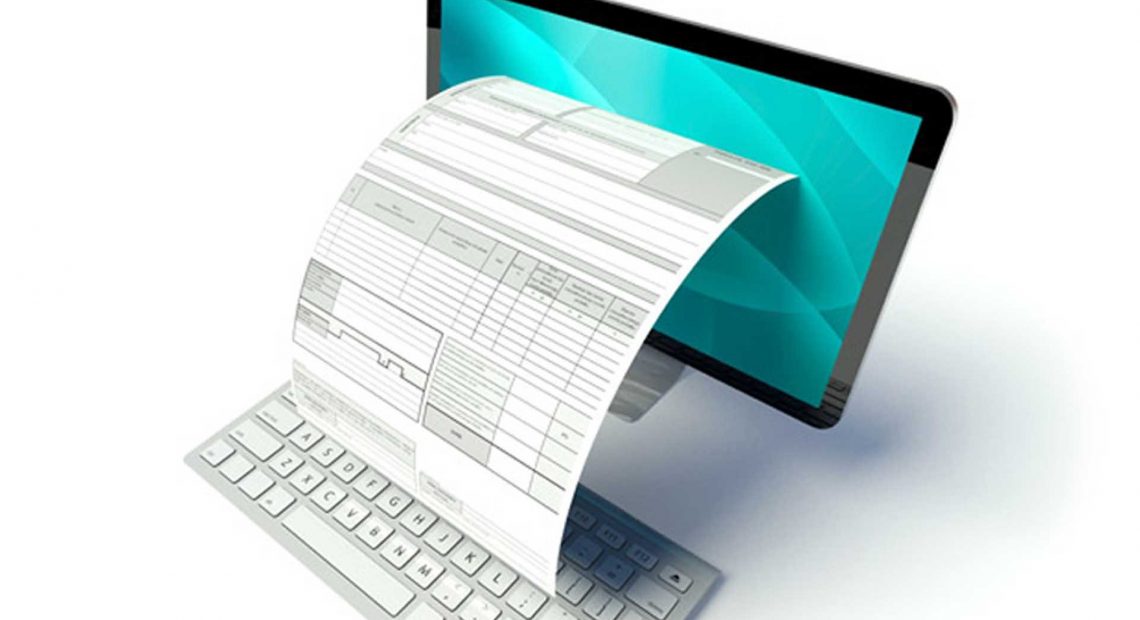B2B Electronic Invoicing Services
Intrduction
Electronic invoicing refers to a digital format for invoices, based on XML standards.
 It was introduced with the 2008 financial law, as part of the European Union's action lines ("i2010") that encourage member states to establish an adequate legal, organizational, and technological framework for managing the entire procurement cycle electronically. From June 6, 2014, the issuance of electronic invoices to Italian public administrations became mandatory. It consists of an electronic document produced in XML format, according to the technical standards defined by Sogei, whose content must be immutable and unalterable over time; it is the only type of invoice accepted by public administration entities, which, according to legal provisions, are required to use the Exchange System
It was introduced with the 2008 financial law, as part of the European Union's action lines ("i2010") that encourage member states to establish an adequate legal, organizational, and technological framework for managing the entire procurement cycle electronically. From June 6, 2014, the issuance of electronic invoices to Italian public administrations became mandatory. It consists of an electronic document produced in XML format, according to the technical standards defined by Sogei, whose content must be immutable and unalterable over time; it is the only type of invoice accepted by public administration entities, which, according to legal provisions, are required to use the Exchange System
The 2018 Financial Law stipulated mandatory B2B electronic invoicing, which will come into force from January 1, 2019. This obligation concerns all "Business To Business" invoicing (i.e., invoices issued between companies, as well as professionals, artisans, etc., residing in Italy) or any document with fiscal relevance produced to collect money owed for the transfer of goods or services. Only entities with very low turnover are exempt from the electronic invoicing obligation between private individuals (organizations that benefit from the "advantage regime" provided by art. 27, paragraph 3, of the Decree Law n. 98/11, or the "flat-rate regime" provided by Law n. 190/14). Therefore, this is an obligation that concerns virtually all invoices.
The regulation on mandatory electronic invoicing requires the production of a file in XML (eXtensible Markup Language) format, characterized by specific information, according to the FatturaPA format currently in force DM 55/2013 to issue electronic invoices to the public administration. The invoice thus created can only be issued and received using the Exchange System (SdI) of the Revenue Agency.
Any other type of invoice present in the company should not be paid, as it is considered not issued.
Regarding the passive cycle, when an electronic invoice is received through SdI, it must be recorded, processed to authorize payment, and then stored in digital format.
Electronic Invoicing: Automation Services
To facilitate companies with their own management system, to send and receive invoices easily, Real Comm has developed specific services for automation.
Real Comm's electronic invoicing services include:
- Web service for creating XML
- Web service for transmitting XML and receiving related notifications (active cycle)
- Web service for receiving XML and related notifications (passive cycle)
- Web portal for consulting issued/received invoices and manual transmission/reception of XML
- Additional specific consulting services to support operational phases for creating B2B electronic invoices, as well as services for issuing SDI codes for company identification.
Therefore, Real Comm's electronic invoicing services enable the implementation of essential management automation, especially for companies with their own customized management system.

